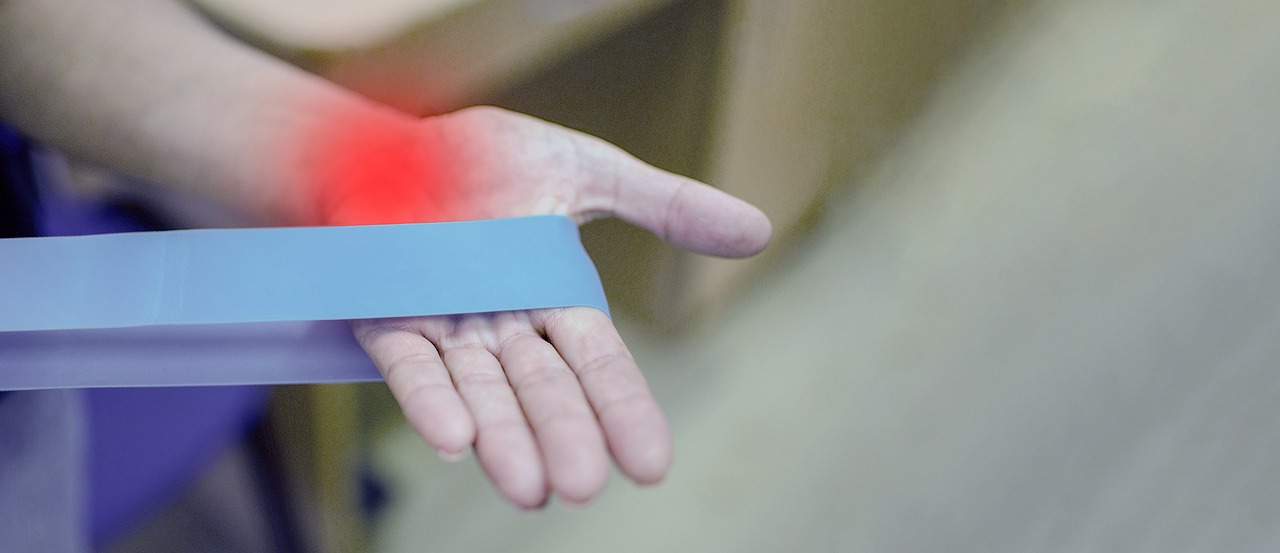Arthritis is a broad term used to describe inflammation of one or more joints in the body. There are different
types of arthritis, each with its own cause, symptoms, and treatment. For example:
-
Osteoarthritis-
Also known as degenerative joint disease, it is the most common type of arthritis characterized by the
gradual breakdown of cartilage in the joints. It often affects weight-bearing joints such as knees, hips,
and spine, as well as the hands and fingers. It typically develops over time and is associated with aging,
joint injury or overuse, obesity, and genetics. Symptoms may include joint pain, stiffness, swelling, and
decreased range of motion.
-
Rheumatoid arthritis-
An autoimmune disorder characterized by inflammation of the synovium (the lining of the joints), which
leads to joint pain, swelling, stiffness, and joint damage and deformity. RA can affect multiple joints
and may also cause systemic symptoms such as fatigue, fever, and weight loss. The exact cause of RA is
unknown, but genetic, environmental, and hormonal factors are believed to play a role.
-
Juvenile Idiopathic Arthritis (JIA)-
It affects children under the age of 16. It includes several subtypes of arthritis that cause joint
inflammation and stiffness, as well as potential complications such as growth problems and eye
inflammation. The exact cause of JIA is not fully understood, but it is believed to involve a combination
of genetic and environmental factors.
-
Ankylosing Spondylitis (AS)-
A type of inflammatory arthritis that primarily affects the spine, causing stiffness, pain, and eventually
fusion of the vertebrae. It can also affect other joints, tendons, and ligaments, leading to symptoms such
as reduced flexibility and mobility. It mostly affects young people and is more common in men than in women.
The exact cause is unknown, but it is believed to involve genetic and environmental factors.
-
Psoriatic Arthritis (PsA)-
Occurs in people with the skin condition psoriasis. It can affect any joint in the body and may cause
symptoms such as joint pain, stiffness, swelling, and nail changes. Its severity can vary, and there may be
involvement of the skin, eyes, and other organs.
Laboratory findings-
- Elevated WBC and anemia
- There is elevation in C-reactive protein and erythrocyte sedimentation rate.
-
Rheumatoid factor (RF) and anti-cyclic citrullinated peptide (Anti-CCP) antibodies-
These blood tests help diagnose RA and also help differentiate it from other types of arthritis.
-
Anti-nuclear antibody test-
This blood test may be done to diagnose autoimmune forms of arthritis such as lupus or mixed connective tissue disease.
-
Uric acid level-
Elevated uric acid levels in the blood may indicate gout, a type of arthritis caused by the deposition of
urate crystals in the joints.
-
Joint fluid analysis
This test helps diagnose certain types of arthritis, such as gout or infectious arthritis.
Treatment-
It is not fully curable by modern science or the allopathic system of medicine. However, treatment options aim to
relieve pain, improve joint function, and slow disease progression. This can be done with the help of medication,
physical therapy, lifestyle modifications, and, in very severe cases, knee or hip replacement surgery.
